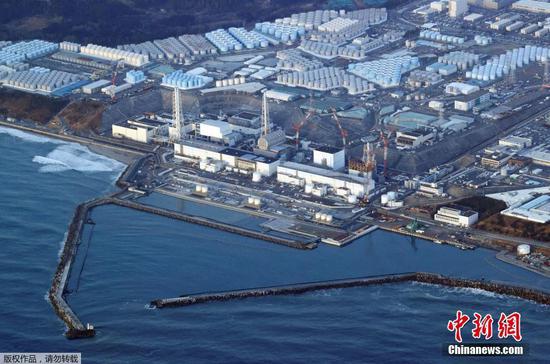
Photo shows the Fukushima Daiichi Nuclear Power Plant. (Photo/Agencies)
By John Lee
(ECNS) -- Japan has announced it will release treated wastewater from the wrecked Fukushima Daiichi Nuclear Power Plant into the Pacific Ocean this year.
Although Fukushima wastewater disposal affects global marine ecological environment protection and public health, Japan has turned a deaf ear to domestic and international opposition to dumping the contaminated water into the sea, treating the "global" matter as its own business.
The Fukushima accident in 2011 had sent large quantities of radiation into the atmosphere and the Pacific Ocean, causing irreversible damage to the surrounding environment, and hundreds of thousands of people were forced to evacuate the area. South Korea still maintains its import ban on Japanese seafood from areas affected by the Fukushima nuclear disaster.
On April 13, 2021, Japan announced it had decided to discharge contaminated radioactive wastewater in Fukushima Prefecture into the sea due to dwindling storage space, with the Japanese government and plant operator Tokyo Electric Power Company Holdings Inc. promoting the release plan over the past year.
The Japanese government argues that the water treated by an advanced liquid processing system, or ALPS, is safe and drinkable, which is undoubtedly fooling the public.
In fact, the treated wastewater still includes a variety of radioactive substances and can’t be recycled once discharged into the sea, which will pose a great threat to marine ecology and ultimately endanger human health in the long run.
Therefore, the discharge plan has been strongly opposed in Japan. According to a questionnaire conducted by The Asahi Shimbun, nearly 60 percent of mayors of 42 municipalities in Iwate, Miyagi and Fukushima prefectures oppose the discharge plan. The National Fisheries Cooperative Federation of Japan has also repeatedly stated its opposition in public.
The Japanese government believes that dumping Fukushima wastewater into the sea is the cheapest and most convenient solution, but neighboring countries and even the whole world will be at risk of nuclear pollution.
The Pacific Ocean doesn’t belong to Japan and the wastewater flow along oceanic currents will surely break boundaries and endanger public welfare and the interests of neighboring countries and even the international community.
The Korea Economic Daily reported that related research concluded that if contaminated water from Fukushima is released into the ocean, it would only take seven months for the contaminated water to reach the shores of Jeju Island, with the country's aquaculture and tourism suffering considerable losses.
According to the calculation of a German marine scientific research institute, radioactive materials will spread to most of the Pacific Ocean within half a year from the date of discharge, and the U.S. and Canada will be affected by nuclear pollution. People in the Pacific region also oppose the discharge plan.
As a participant of the United Nations Convention on the Law of the Sea, Japan has the obligation of protecting the marine environment.
However, it hasn’t offered a full and convincing explanation on issues like the legitimacy of the discharge plan, the reliability of data on the nuclear-contaminated water, the efficacy of the treatment system or the uncertainty of environmental impact.
Though the IAEA has yet to complete a comprehensive review after three investigations in Japan, the Japanese side has been pushing through the approval process for its discharge plan and even started building facilities for the discharge. It is rather irresponsible for Japan to act against public opinion at home and concerns abroad.
The Pacific Ocean is not a private Japanese sewer. The country must seriously heed the voices of the international community and make a reasonable plan for the Fukushima wastewater disposal after full consultation with stakeholders and international agencies.
If it only seeks instant interest and insists on discharging the contaminated water into the sea, not only itself, but also its neighboring countries and the entire world will pay for the decision and several generations will be forced to bear the consequence.











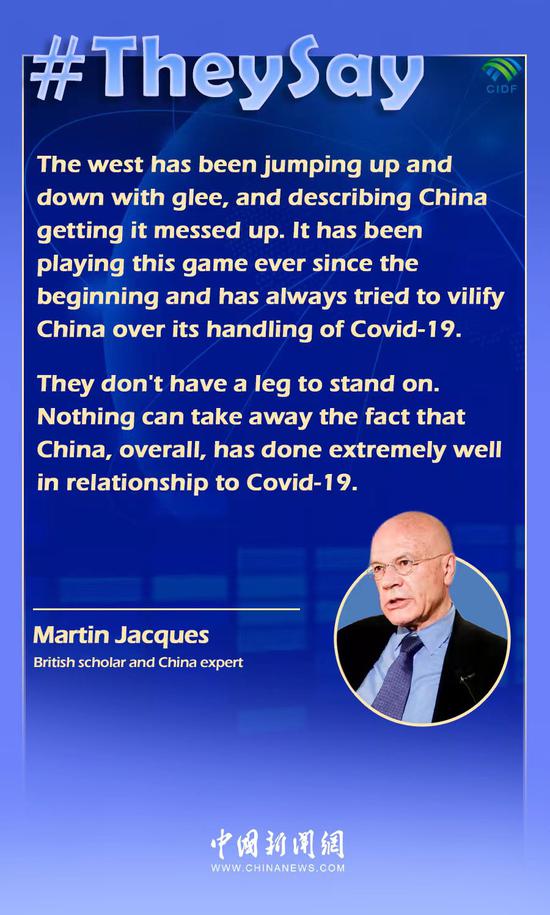







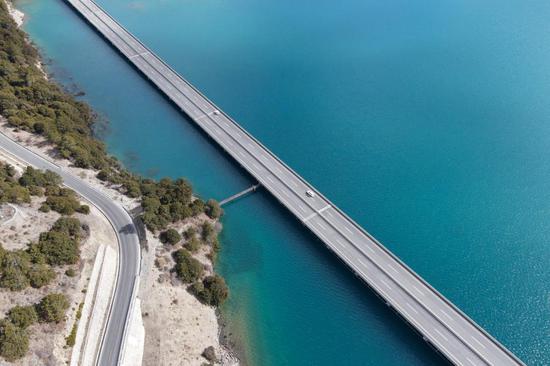




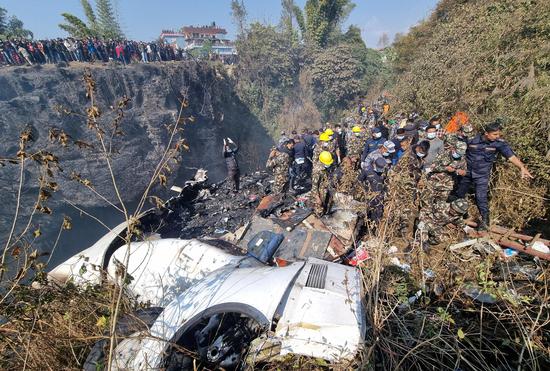



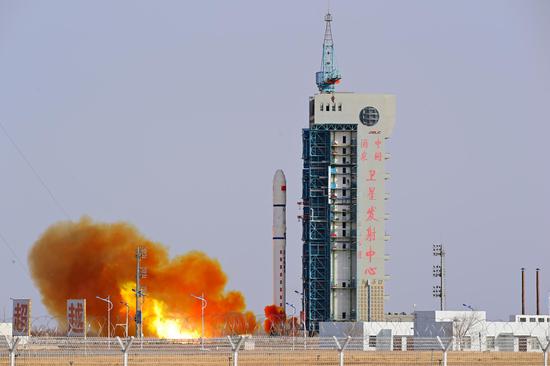

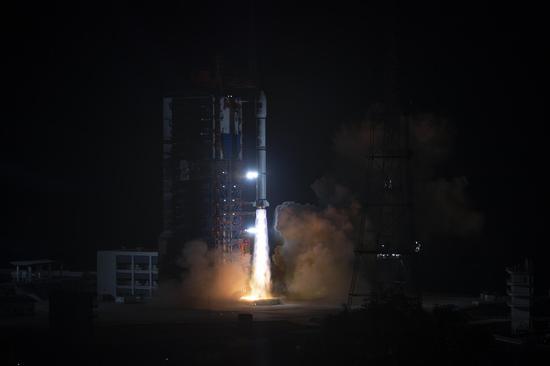
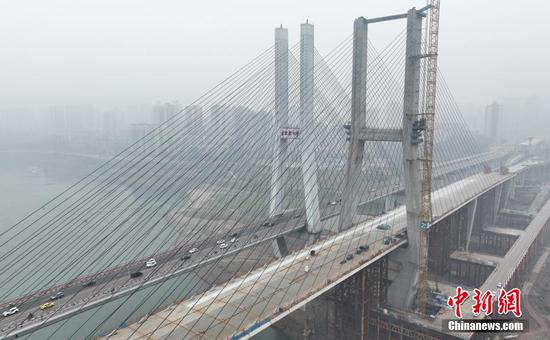

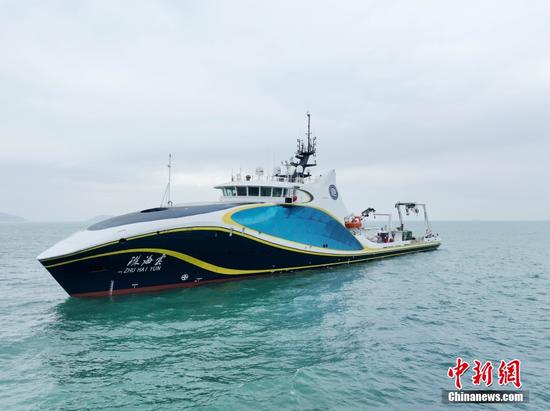

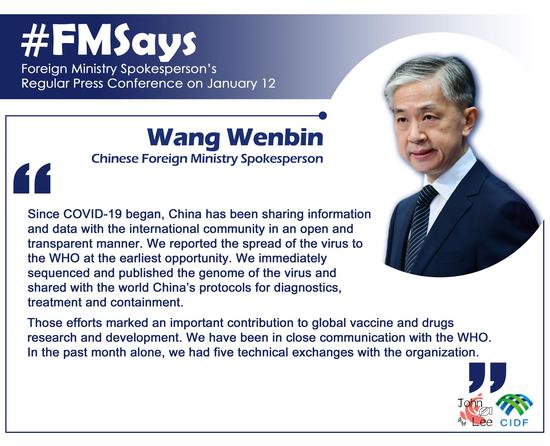


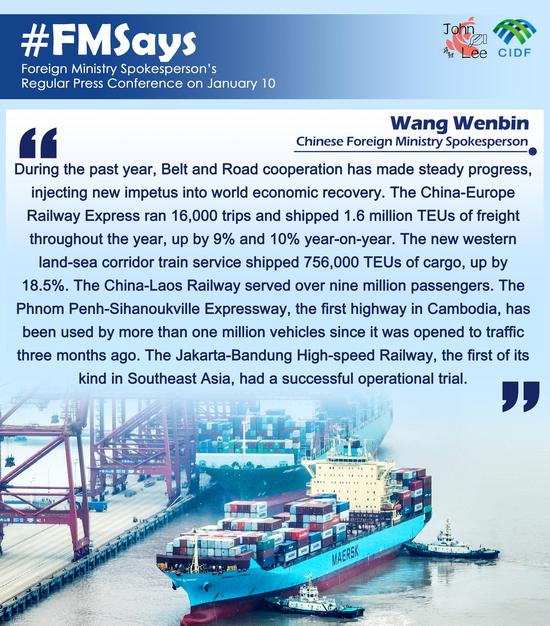
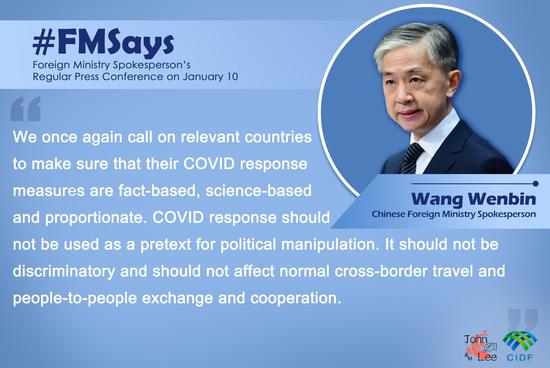
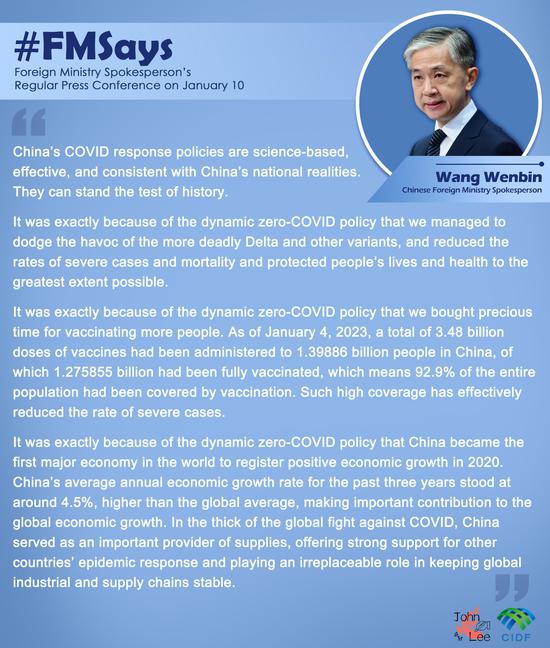

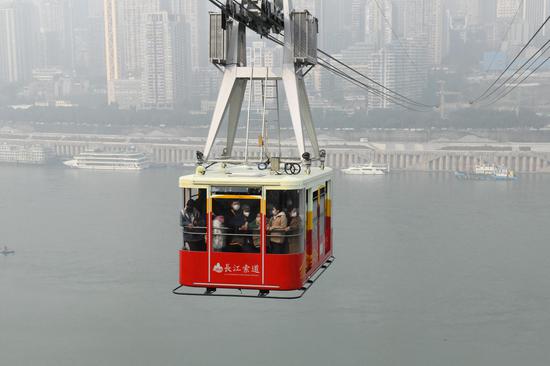
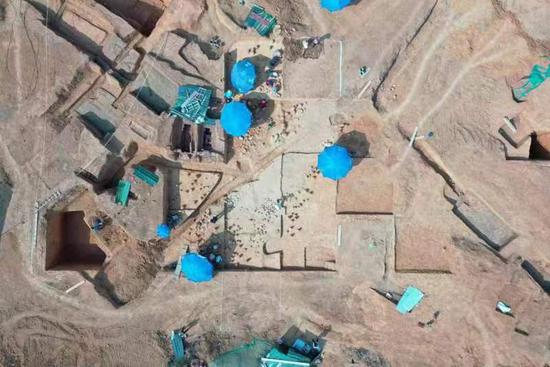

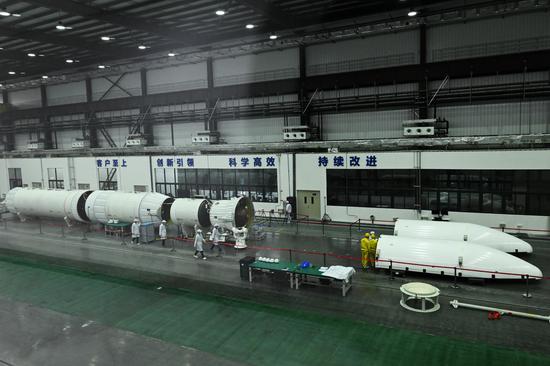





 京公网安备 11010202009201号
京公网安备 11010202009201号